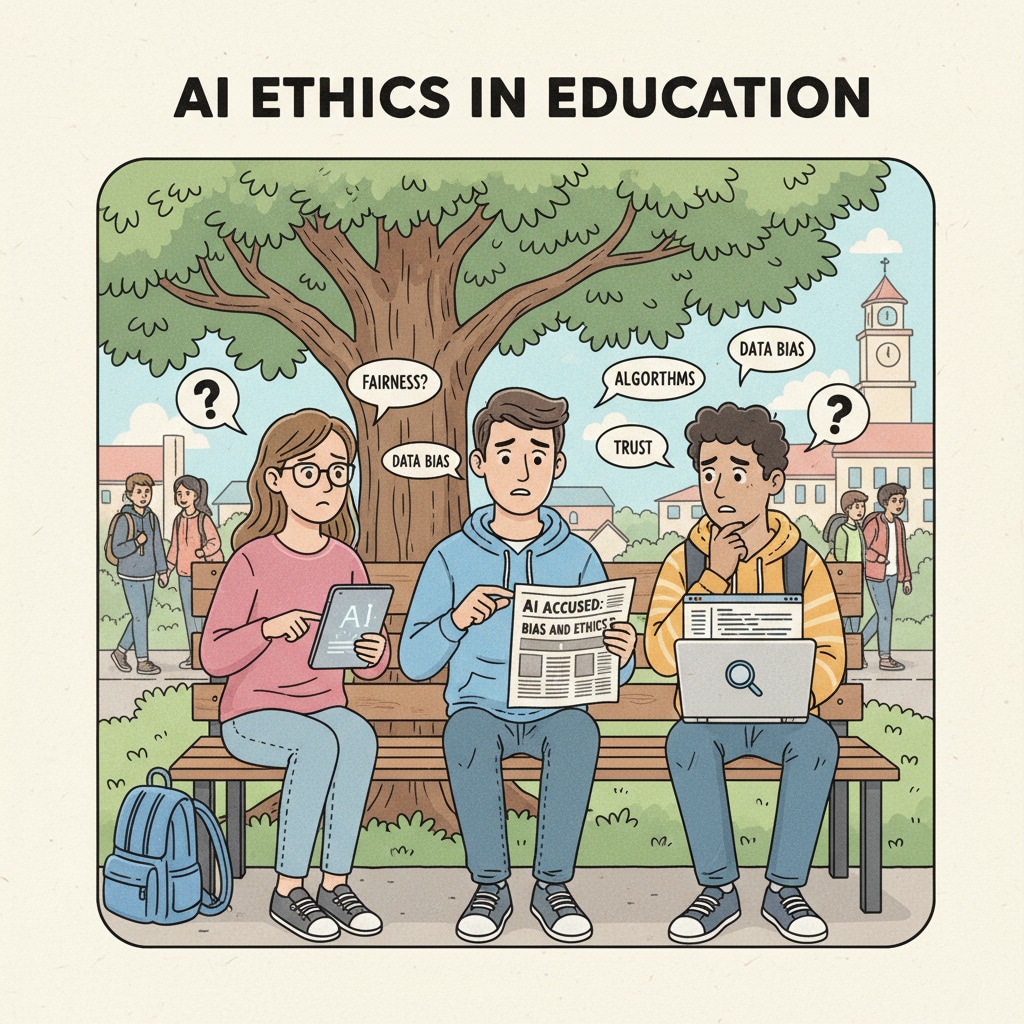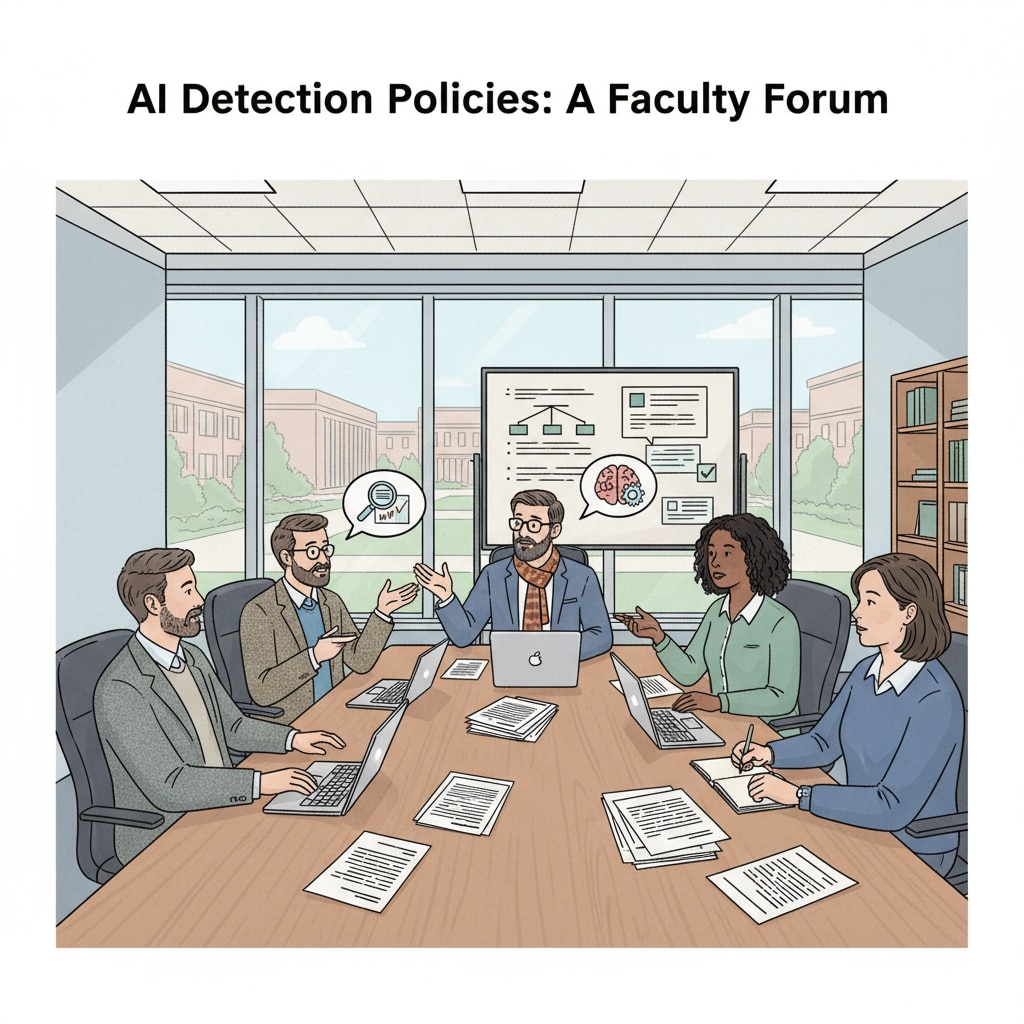In the era of rapid technological advancement, the issue of university responsibilities, false accusations, and AI usage has come to the forefront. As AI becomes more prevalent in academic settings, educational institutions are grappling with how to distinguish genuine student work from that generated by artificial intelligence. However, this has led to a concerning trend of false accusations against students.

The Rise of AI in Education and False Accusations
AI tools, such as ChatGPT, have made it easier for students to potentially cheat on assignments. In response, universities are using various methods to detect AI usage. Unfortunately, these detection methods are not always accurate. For example, some automated detection tools may flag a student’s work as AI-generated simply because it contains advanced vocabulary or a certain writing style. This is a clear case of false accusations, putting students in a difficult position. According to Inside Higher Ed, numerous students have been wrongly accused of using AI in their academic work.
University Responsibilities in the AI Era
Universities have a significant responsibility in this situation. First, they need to ensure that the AI detection tools they use are reliable and accurate. Relying on unproven or error-prone detection methods can lead to unjust accusations. Second, universities should provide clear guidelines on what constitutes acceptable and unacceptable use of AI in academic work. Without such guidelines, students may be unaware of the boundaries. Additionally, universities should offer support to students who are wrongly accused. This could include providing a fair appeals process and resources for students to prove their innocence.

In conclusion, the issue of university responsibilities, false accusations, and AI usage is a complex one. As AI continues to evolve, universities must adapt and take on their responsibilities seriously. By implementing more accurate detection methods, providing clear guidelines, and offering support to students, they can create a more just and fair academic environment. This will not only protect the rights of students but also uphold the integrity of the educational system. According to The Chronicle of Higher Education, universities need to take proactive steps to address this issue.
Readability guidance: This article uses short paragraphs and lists to summarize key points. Each H2 section provides a clear focus. The proportion of passive voice and long sentences is controlled, and transition words are used throughout to enhance the flow of the article.


